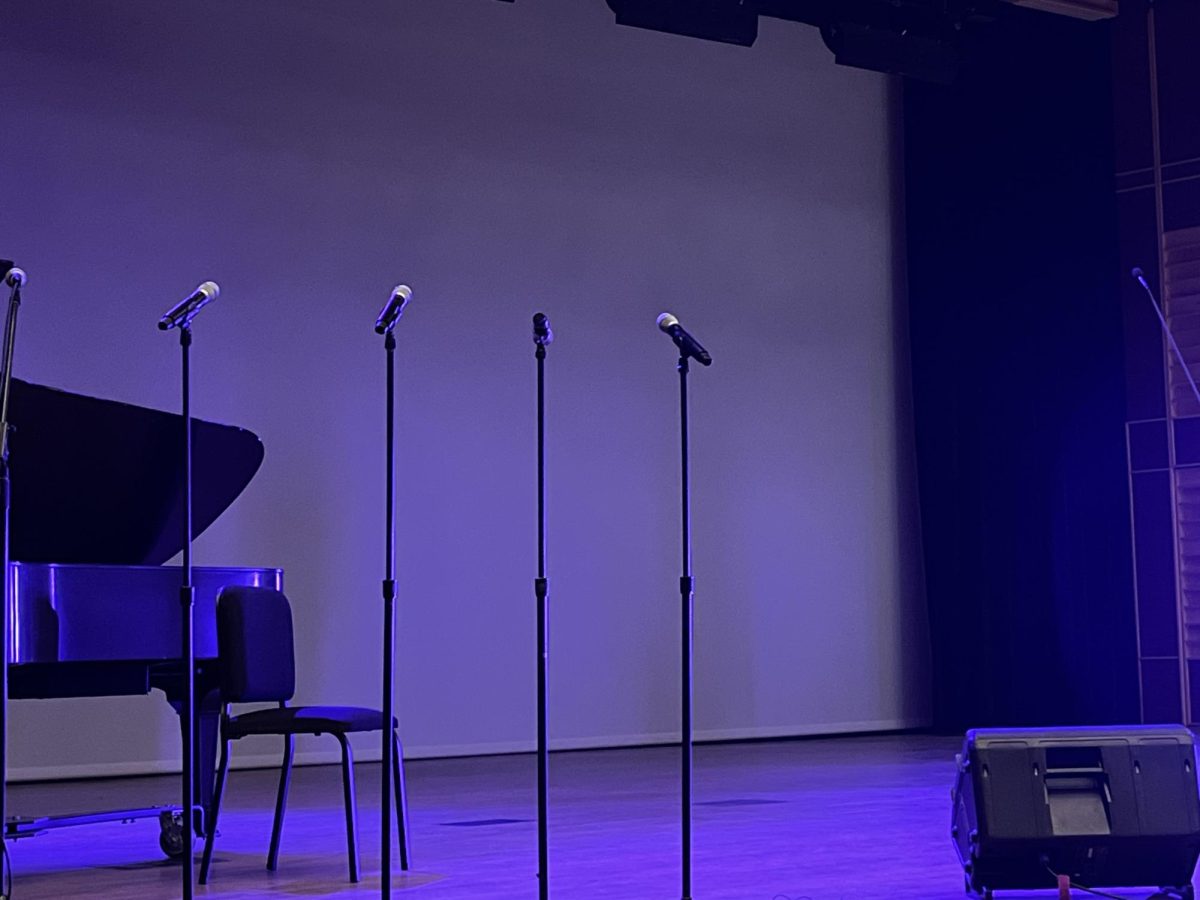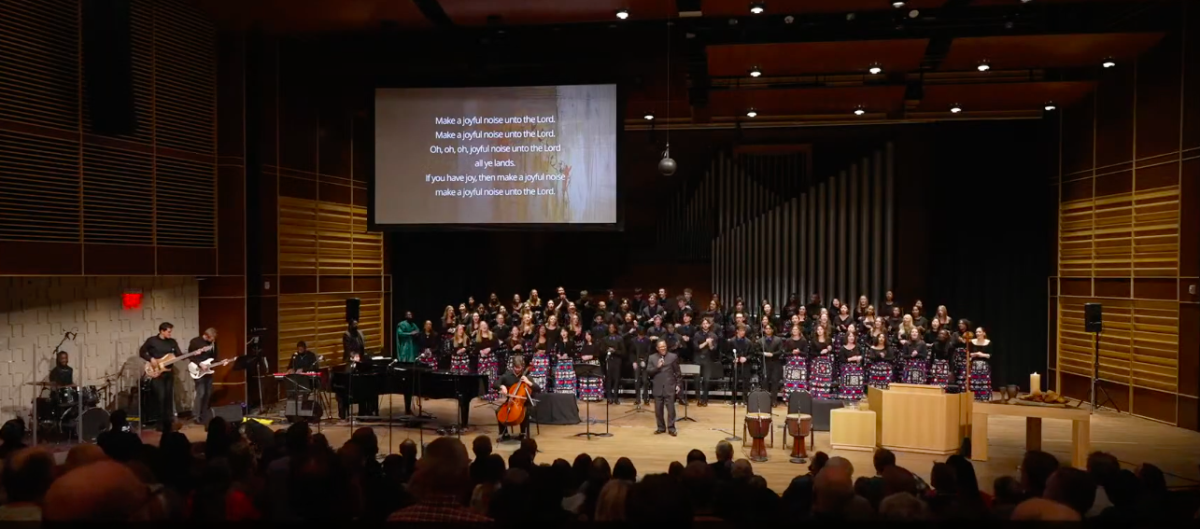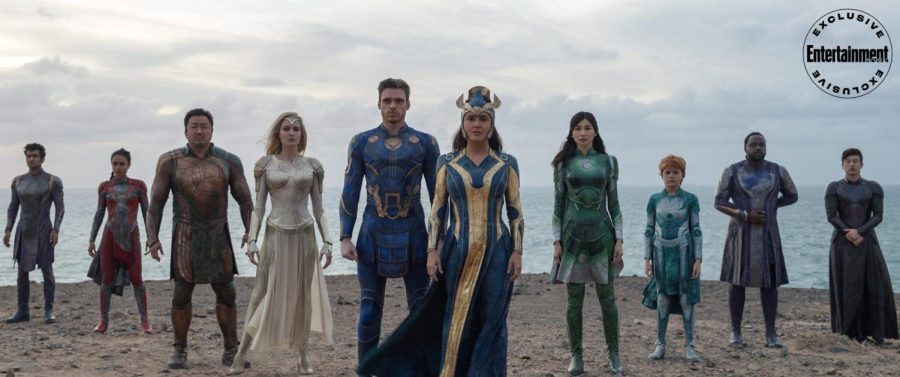“The Interview’s” evolution from stoner comedy blockbuster to controversial art house film status began back in June when the North Korean government took offense to the film’s plot. As the movie’s action revolves around two American tabloid journalists tasked by the CIA to assassinate North Korean dictator Kim Jong-un, their government’s response was unsurprising.
In hindsight, the ensuing threats of violent action against the United States should the film be released seemed like perfect promotion for a movie that was already rooted in extreme antics. Eventually things died down until recently, when Sony Pictures was hacked by an anonymous group identifying themselves as the “Guardians of Peace,” who threatened to attack theaters that premiered the film on Christmas day.
Despite their unfortunate decision to cancel the premiere, Sony eventually came through for fans by releasing the controversial film online and in smaller, independent theaters.
Lest audiences think that the controversy is well-founded, be assured that the comedy, which is co-directed by Seth Rogen and Evan Goldberg, features most of the characteristics that are to be expected from the stoner comedy genre, namely homophobic and ethnic jokes, ridiculous acts of violence and an outlandish premise.
Even so, “The Interview” is designed to be a little more shocking and controversial than its contemporaries in its quest to challenge and provoke what is considered acceptable art. At the risk of sounding preachy, if strides are not taken to mention the unmentionable and redefine taboos, then we have empty art that lacks evolution and societal adaptation. While “The Interview” rarely manages to hit the bull’s-eye with its satire, the effort is much appreciated.
Lead actors Seth Rogen and James Franco play nicely together with minor rough spots. Rogen is his usual casual and lovable self, and the fact that he remains so collected on-screen while also directing is admirable.
Franco, on the other hand, seems to be always trying to prove himself comedically alongside the more experienced Rogen, and his performance suffers for it. He overacts to the extent that one gets the impression that Franco thinks the audience isn’t as on board or as comfortable with the playful satire as he is.
We also see, as we did in Rogen and Goldberg’s previous film, “This is the End,” other celebrities portraying themselves on-screen such as Eminem and Rob Lowe, whose presence reminds us that “The Interview” exists in a reality that is perhaps not so removed from our own.
This notion makes the satire and parody all the more thought provoking. The film is not just a comedy, but rather a comedy whose end goal is to prod the hibernating bear, to toe the line of entertainment suicide with hopes of offending lots of people.
Yet the content and satire are not so brazen that they become alienating. There are definitely laughs to be found here as well (although not as many as I had hoped for), and the film as a whole looks nice too, with cinematography and darkly humorous violence reminiscent of Quentin Tarantino’s tone and style.
While “The Interview” is not a necessary movie, it is a timely one. Its themes of the public’s tendency to sensationalize current affairs and the corruption surrounding not only the entertainment industry but the governments on which these industries rest are poignant enough to make up for all the backlash.








